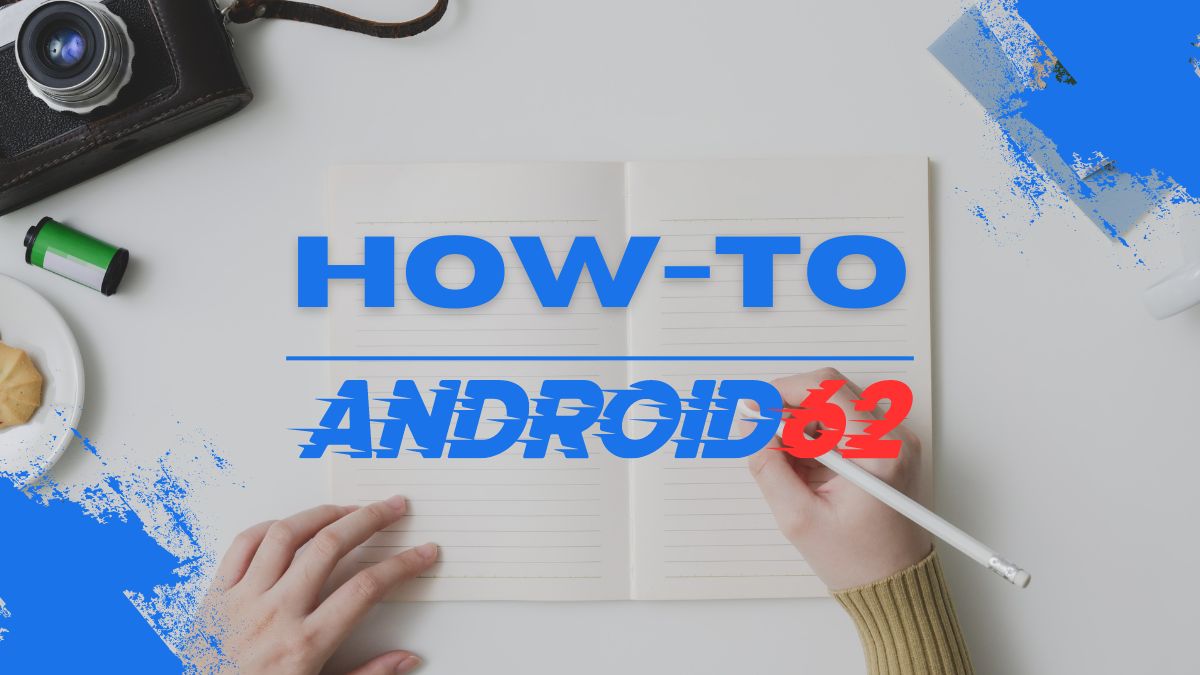
Introduction
Dogs eating feces, a behavior known as coprophagia, can be both gross and concerning for pet owners. It’s important to address this issue not only for hygiene reasons but also for the health of your furry friend. Here, we will discuss various strategies to help you stop your dog from eating poop.
1. Understand Why Dogs Eat Poop
Before addressing the behavior, it’s crucial to understand why dogs engage in coprophagia. Some common reasons include:
- Nutritional Deficiencies: Your dog may be lacking certain nutrients in their diet, leading them to seek them out in feces.
- Behavioral Issues: Coprophagia can sometimes be a sign of stress, anxiety, or boredom in dogs.
- Motherly Instinct: Puppies may learn this behavior from their mothers as a way to keep the den clean.
2. Ensure Proper Nutrition
One of the first steps in curbing coprophagia is to ensure that your dog is receiving a balanced and nutritious diet. Consider the following:
- High-Quality Dog Food: Choose a premium dog food that meets your pet’s nutritional needs.
- Supplements: Consult with your veterinarian about adding supplements such as probiotics or omega-3 fatty acids to your dog’s diet.
- Avoid Table Scraps: Limit the amount of human food you give to your dog, as it may not provide proper nutrition.
3. Keep the Environment Clean
Another way to discourage coprophagia is to maintain a clean environment for your dog. Follow these tips:
- Regular Cleanup: Immediately pick up and dispose of your dog’s feces to eliminate the temptation.
- Outdoor Supervision: Monitor your dog while they are outside to prevent them from eating feces.
- Indoor Control: Use baby gates or crates to restrict access to areas where your dog might find feces.
4. Behavioral Training
Training plays a crucial role in correcting undesirable behaviors like coprophagia. Consider the following training techniques:
- Positive Reinforcement: Reward your dog with treats and praise when they exhibit good behavior.
- Redirect Attention: Distract your dog with toys or activities when you catch them trying to eat feces.
- Clicker Training: Use a clicker to mark and reward desired behaviors, such as ignoring poop.
5. Consult a Veterinarian
If your dog’s coprophagia persists despite your efforts, it’s important to seek professional help. Your veterinarian can:
- Check for Medical Issues: Determine if there are underlying health conditions contributing to the behavior.
- Provide Behavioral Advice: Offer tailored solutions to address your dog’s specific situation.
- Prescribe Medication: In some cases, medication may be necessary to treat underlying issues contributing to coprophagia.
Conclusion
Dealing with a dog that eats poop can be a challenging and frustrating experience. By understanding the reasons behind this behavior and implementing the strategies discussed above, you can work towards stopping your dog from engaging in coprophagia. Remember to be patient and consistent in your efforts, and don’t hesitate to seek professional help if needed.
With dedication and proper care, you can help your furry companion overcome this undesirable habit and lead a healthier and happier life.



